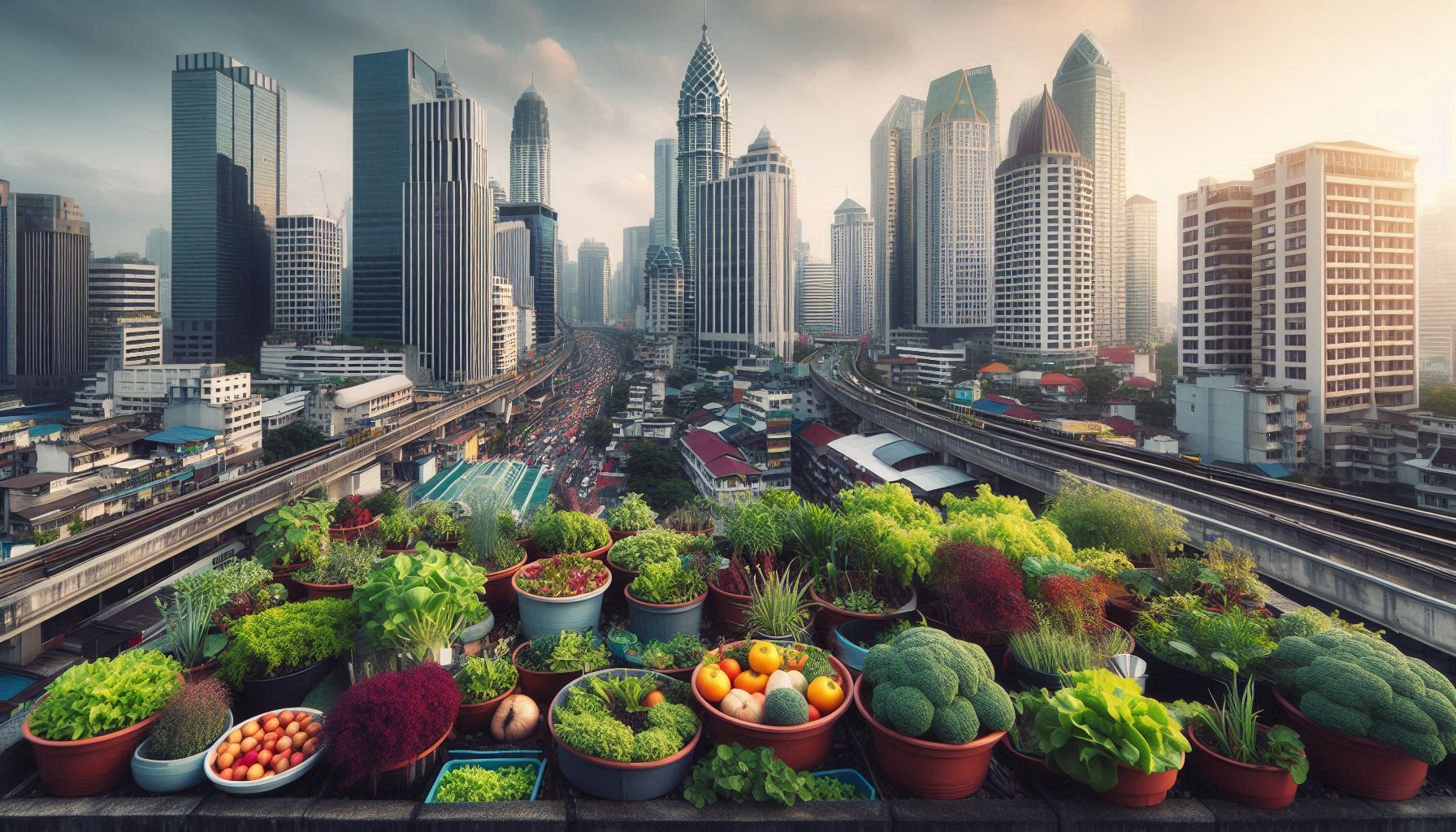Urban farming is becoming increasingly popular as cities look for sustainable ways to produce food locally. However, water management remains a critical challenge for urban farmers. Efficient water usage can enhance crop yields, conserve resources, and ensure the sustainability of urban agriculture. Here are some best practices for optimizing water use in urban farming.
1. Implement Drip Irrigation Systems
Drip irrigation is one of the most efficient ways to water plants. This method delivers water directly to the plant’s roots through a system of tubing and emitters. By minimizing evaporation and runoff, drip irrigation can reduce water usage by up to 60% compared to traditional irrigation methods. This approach ensures that each plant receives the right amount of water, promoting healthy growth and reducing waste.
2. Collect Rainwater
Rainwater harvesting is an effective way to supplement water needs in urban farming. Installing rain barrels or cisterns to collect rainwater from roofs can provide a free source of irrigation water. This not only reduces dependence on municipal water supply but also helps manage stormwater runoff, which can lead to flooding in urban areas. Ensure that rainwater collection systems are properly maintained and filtered for safe use.
3. Use Smart Irrigation Controllers
Smart irrigation controllers utilize weather data and soil moisture levels to optimize watering schedules. These systems can adjust irrigation based on real-time conditions, ensuring that plants receive adequate water without overwatering. By implementing smart technology, urban farmers can conserve water and save on water bills while maintaining healthy crops.
4. Practice Mulching
Mulching involves applying a layer of organic or inorganic material on the soil surface around plants. This technique helps retain soil moisture, suppress weeds, and regulate soil temperature. Organic mulches, such as straw or wood chips, not only conserve water but also improve soil health as they decompose. Mulching can significantly reduce the frequency of irrigation needed in urban farms.
5. Select Drought-Resistant Crops
Choosing the right plants for urban farming is crucial for efficient water usage. Drought-resistant crops, such as succulents, herbs, and certain vegetables, require less water and can thrive in dry conditions. By selecting native and adapted species, urban farmers can reduce irrigation needs while still producing a diverse range of crops.
6. Monitor Soil Moisture
Regularly checking soil moisture levels helps prevent overwatering and underwatering. Using moisture sensors or simple soil probes can provide valuable data on when to irrigate. Understanding the moisture needs of different crops can help farmers develop a targeted watering schedule, ensuring optimal plant growth while conserving water.
7. Recycle Water
Recycling water is another effective strategy for urban farms. Greywater, which comes from sinks, showers, and washing machines, can be treated and used for irrigation. Implementing greywater systems requires careful planning to ensure compliance with local regulations, but it can significantly reduce overall water consumption.
8. Create Contour Beds and Rain Gardens
Designing urban farms with contour beds and rain gardens can help manage water flow and promote infiltration. Contour beds follow the natural contours of the land, reducing erosion and allowing water to soak into the soil. Rain gardens, designed to capture and filter stormwater, can provide additional moisture for plants while enhancing the urban landscape.
9. Educate and Engage the Community
Educating urban farmers and the surrounding community about efficient water usage is essential. Workshops, demonstrations, and informational materials can raise awareness about best practices in water conservation. Engaging the community in water management efforts can foster a sense of shared responsibility and encourage sustainable practices across the urban farming landscape.
